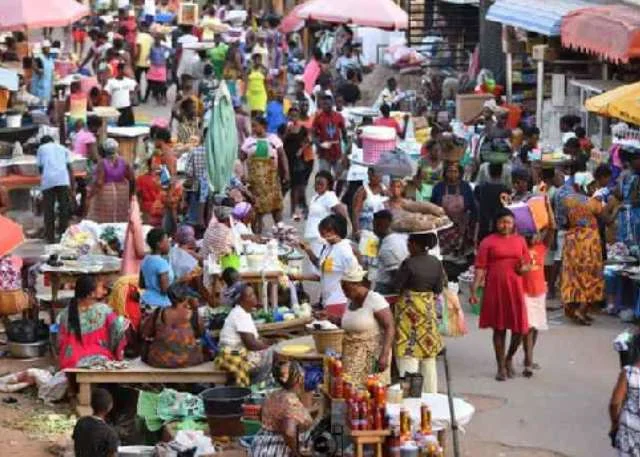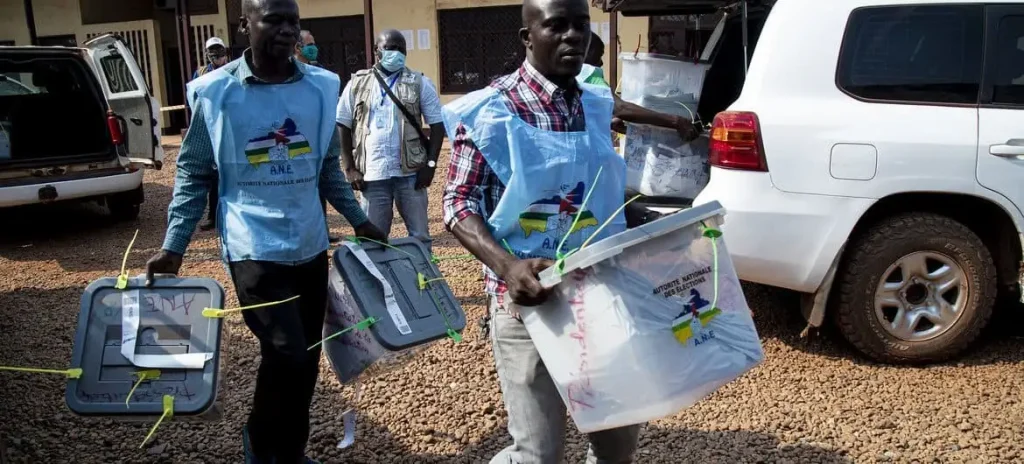The Obuasi Municipal Assembly in Ghana’s Ashanti Region has proposed a partial lockdown to address the rising spread of Covid-19, following a significant outbreak linked to the town’s central market.
The decision comes after consultations with local traders, who agreed to operate markets in shifts to reduce congestion and limit virus transmission.
Market Shift Strategy
The shift system aims to decongest busy market areas, including Obuasi Central Market, Horsey Park, and Tutuka Market, identified as high-risk zones for Covid-19 spread.
In May 2020, a couple unknowingly infected 17 others in the central market, prompting its temporary shutdown for disinfection.
The new plan assigns traders specific days or times to operate, ensuring fewer people gather simultaneously while maintaining economic activity.
Context of the Outbreak
Obuasi has emerged as a Covid-19 hotspot in the Ashanti Region, with 272 of the region’s 307 new cases reported in May 2020, largely driven by market and lorry park congestion. The Ghana Health Service emphasized that crowded public spaces fuel rapid transmission, necessitating targeted measures like the proposed lockdown and shift system.
Supportive Measures
The Assembly, in collaboration with AngloGold Ashanti’s Malaria Control (AGAMal) and AGA Health Foundation, has intensified efforts to combat the virus. These include twice-weekly market disinfections, handwashing campaigns with Veronica buckets, and public education via radio and billboards.
AGAMal’s geodata has supported disinfecting 21 health centers, while the AGA Health Foundation assists with sample collection and testing.
A locally produced, FDA-approved hand sanitizer is also being distributed to bolster prevention.
Community and Economic Considerations
The partial lockdown aims to balance public health with economic needs in Obuasi, a gold-mining hub with a population of approximately 74,247 in 2020.
The Assembly’s experience with revenue generation, exceeding its 2025 target, suggests capacity to fund these interventions.
However, challenges remain, as some traders may resist reduced market hours, and enforcement will require coordination with security agencies.






